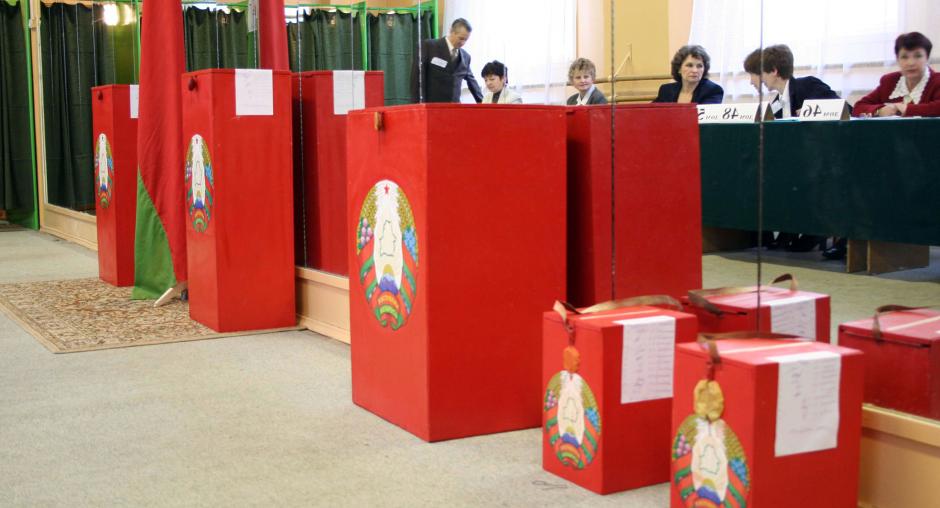Belarusian election severely flawed due to arbitrary use of state power and restrictions on basic rights

MINSK, 20 March, 2006 - The Belarusian presidential election on 19 March failed to meet OSCE commitments for democratic elections, despite the fact that voters were offered the potential for a genuine choice between four candidates.
Arbitrary use of state power and widespread detentions showed a disregard for the basic rights of freedom of assembly, association and expression, and raise doubts regarding the authorities' willingness to tolerate political competition, concludes the OSCE Election Observation Mission in a statement issued today.
Over 500 international observers from 38 countries observed the voting and counting on behalf of the OSCE Office for Democratic Institutions and Human Rights (ODIHR) and the OSCE Parliamentary Assembly, PA.
"The Belarusian people deserve better. The courageous efforts of the opposition candidates to offer voters a genuine choice for president were obstructed by actions by state authorities," said OSCE PA president Alcee Hastings, appointed by the OSCE Chairman-in-Office as the Special Co-ordinator for the short-term observers.
"Elections do not democracy make. They are, however, the lynchpin of the democratic process. Democracy itself is a never-ending evolutionary process and, as signatories to the Helsinki Final Act, it is our responsibility to encourage each of the 55 member states to make steady progress toward achieving and perfecting it."
Ambassador Geert-Hinrich Ahrens, Head of the Long-term Observation Mission deployed by the OSCE/ODIHR, added: "I would have liked nothing more than to be able to make a positive statement about the election we just observed. Unfortunately, there were too many serious violations of international election standards.
"It was deeply saddening to witness the deterioration that occurred towards the end of the election campaign. A positive assessment of this election was impossible. I most vividly regret this, but the OSCE commitments agreed to by all participating States have to be our guideline."
A statement by the security services, accusing the opposition and civil society of planning to seize power and associating them with terrorism, contributed significantly to a climate of intimidation and insecurity. This was further exacerbated by harassment and detention of political and civil society activists.
Opposition candidates faced difficulties in conveying their messages to the public, while the coverage of the President was extensive and favourable. State employees and students were under pressure not to participate in the campaign of the opposition candidates and to vote for the incumbent president.
On the positive side, the candidates were allotted two hours of radio and television time, free of charge, albeit partially censored. Election day was calm and orderly, but in many cases polling station commissions withheld basic information on polling from observers.
The vote count proved highly problematic, with observers assessing it negatively in a large number of counts witnessed. In a number of instances, the results were completed in pencil, and the majority of observers were prevented from standing close enough to see the marks on the ballot.
Over 30 per cent of voters cast their ballot during five days of early voting. Lack of security provisions for the ballot box increased the possibility of fraud. The mission also received a number of reports that managers and directors pressured staff to vote early.
Regrettably, eight ODIHR observers and 19 OSCE parliamentarians were either denied entry or visas and thereby prevented from participating in this mission.
